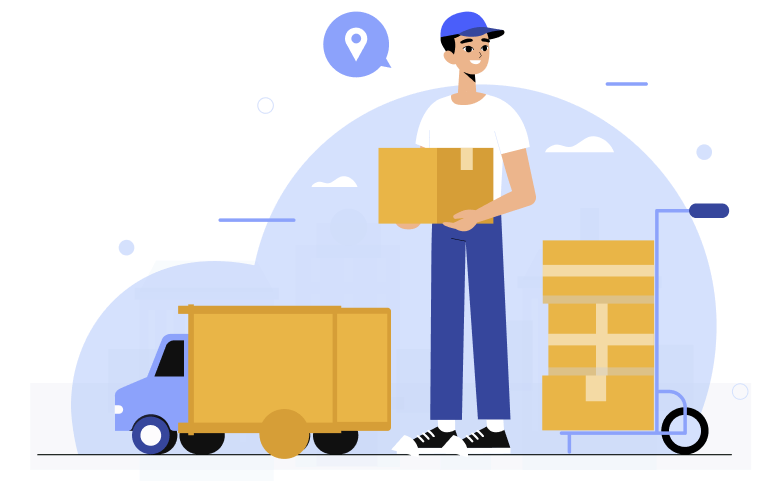668 N Coast Hwy, #125 Laguna Beach, CA 92651, USA
001 760 514-8746

Logistics and transport software development is an essential way of managing inventories and keeping the supply chain working well, from warehouse management to shipment, if you own a transportation company or provide other services. After all, every business need logistics. And they perform better when equipped with the proper technology.
If you require customized logistics and transportation software development services, such as ERP transportation management systems, applications, and other technologies, IIH Global can assist you in developing digital solutions. Our bespoke software development solutions satisfy the demands of clients and businesses of all sizes, whether you want to optimise operations, speed shipping, or automate reporting.
We recommend paying attention to some trusted resources like Clutch, Good Firms, or Capterra that have a lot of software development company listings. There, you can search for a needed type of service or solution using various filters. We also offer our professional logistics software development services and a free 30-minute consulting related to your IT project.
We build and integrate supply chain management software (SCM), last mile delivery solutions, warehouse management systems, transportation and fleet management solutions. Besides, we have expertise in blockchain, artificial intelligence, the internet of things, and robotic process automation to deliver the next-generation applications for logistics.
The timeline to finish a project completely depends on your requirements and the complexity of the application. Kindly get in touch with our team to know the estimated cost and timeline to complete your project.
Of course, you will. Once the application is finalized and payment is made in full, we will share the code and other confidential details of the application. Our clients/customers will be the sole owners of the application.
We offer flexible payment models for all our clients. Both time & material and fixed-price models are available. For clients who have projects that constantly need changes and updates, the time and material model works best. For time and material models, clients will be billed once every month for the number of hours spent on the project. On the other hand, for projects with a specific requirement, the fixed price model works great and clients can make payments based on the predetermined accomplished milestones.

